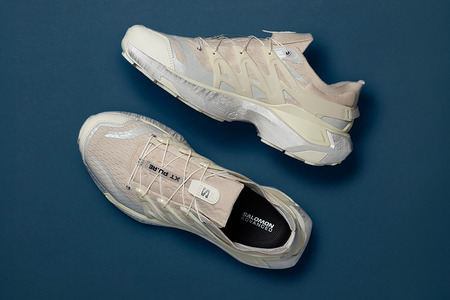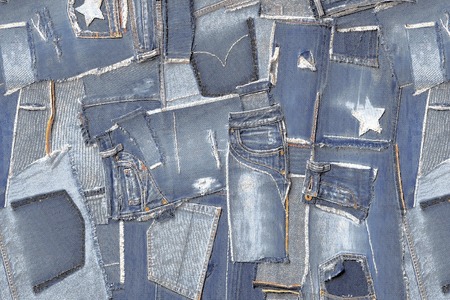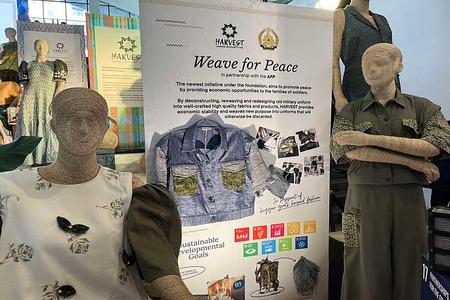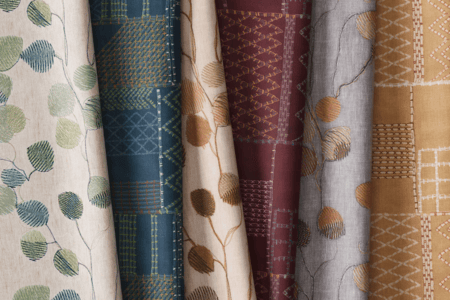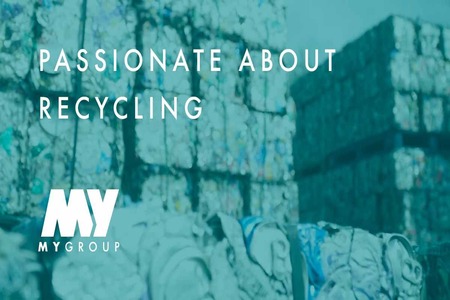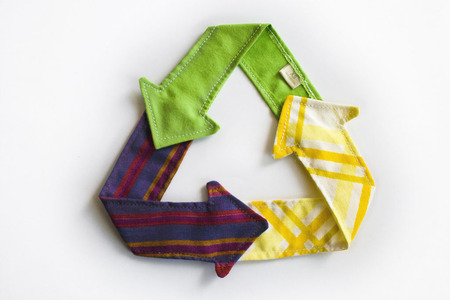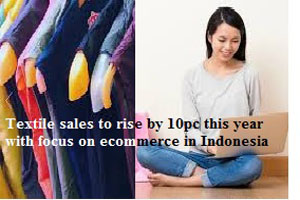
Indonesian textile sales to rise by 10pc this year with focus on ecommerce
YarnsandFibers News Bureau 2017-03-28 10:00:00 – SurabayaWith growing number of Indonesian textile companies using e-commerce system or online sales has given rise to optimism in the sales of the country's textiles this year, which is predicted to rise 10 percent in 2017 on year, said General Manager of Tekstile One Indonesia, Desy Natalia Soeteja.
They are optimistic a 10 percent growth would be recorded this year from a growth of only 2.2 percent last year. Indeed, it is time for the country's textile industry to be aware of advancing technology. A number of textile companies in the country and abroad already utilize advanced technology to penetrate the market, Desy said here on Sunday without giving figures for sales both in 2016 and 2017.
She further said that the government policy restricting imports of textiles has forced retailers to penetrate the market through e-commerce. They in Bandung would adopt the e-commerce service in April 2017 as convinced fabric retails from China, Vietnam and India are no longer a threat to Indonesian textile producers.
It is no longer easy for consumers to find imported products thanks to the import ban on fabric that consumers in the country have to buy domestic products using the e-commerce system. A strong support has been given by a number of regional administrations including East Java to boost development of the industry.
Regional administrations facilitated the expansion of the industry by providing capital for small and medium industries from regional development banks. Small and medium industries have complained about difficulty in getting working capital, but now with the supporting macro policy there would be no reason for not growing.
Earlier, Industry Minister Airlangga Hartarto said that Indonesia was set to grow and break into the ranks of the world's five largest TPT exporters. The government has put TPT industry in the priority list as a strategic industry.
The Industry Ministry has therefore mapped potential policies to jack up the country's TPT exports. The TPT industry has not only been a major export earner but has served as a social safety net as it provided large number of jobs.
There are a number of incentives potential to boost exports of TPT such as exemption of value added tax and cutback in gas price. Exemption of value added tax would encourage producers of textiles and ready made wear to use local basic materials.
Although already well integrated from upstream to downstream sectors and is quite competitive in quality, country's TPT industry is facing a host of challenges internally and externally, the minister said. Therefore, the Ministry and other stakeholders had created synergy in issuing a special policy in the country's TPT industry to strengthen the export oriented industry in global competition.
Market Intelligence
Ask for free sample Report

experience
Customer Base
dedicated team
Countries Served Worldwide



